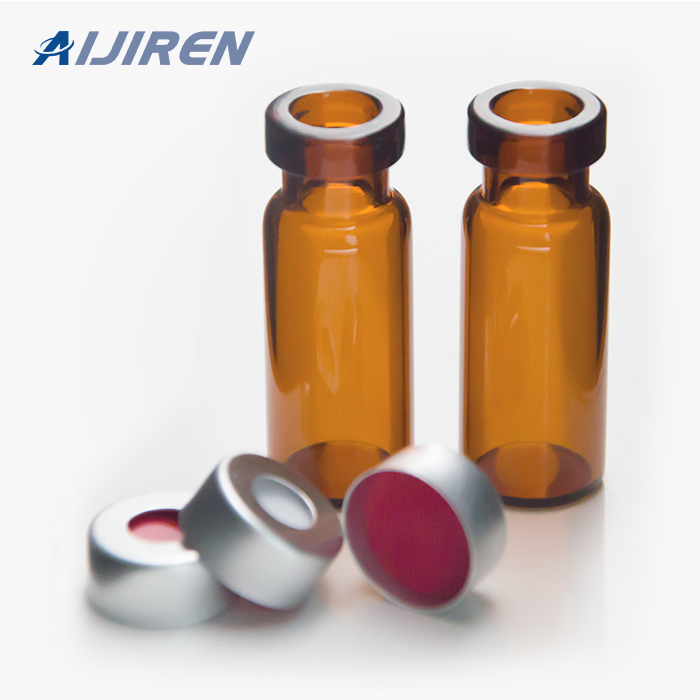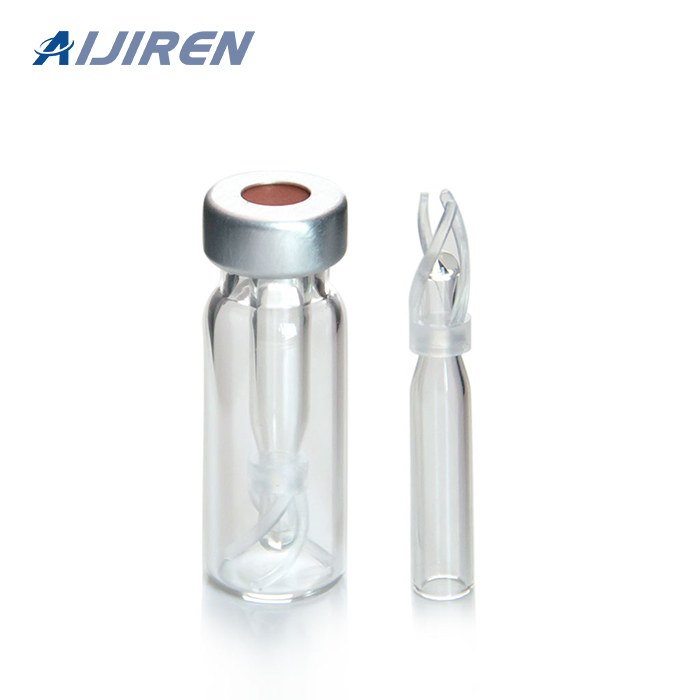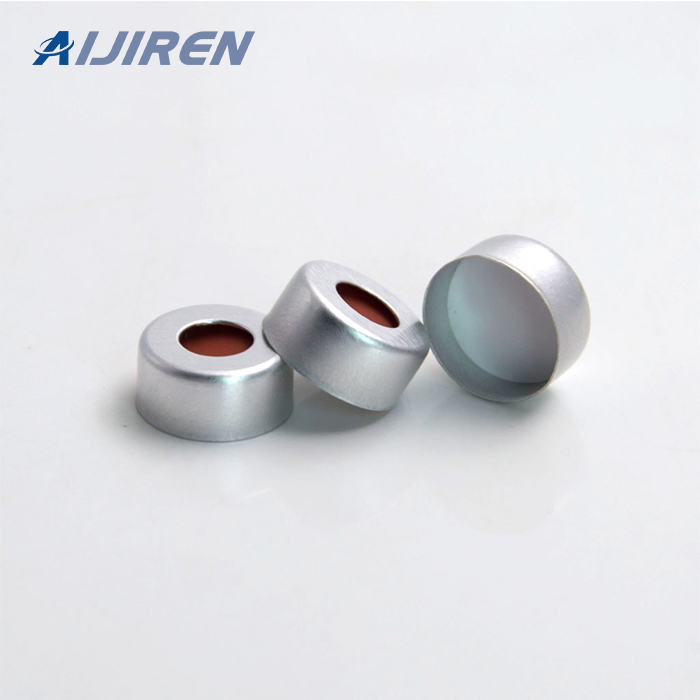





May 1, 2019 · Three different approaches to eliminating or minimizing the matrix effect in dried herbs and fruit were applied and evaluated in analysis of pesticide residues using gas chromatography coupled with triple quadrupole mass spectrometry and the QuEChERS method.
The septum forms a barrier between your sample analyte in the vial and the outside atmosphere. This barrier protects your sample from external contamination while allowing a needle (from a manual or automatic syringe) to enter the vial, and extract the sample for the next stage of separation.
Analyses of per- and polyfluoroalkyl substances (PFAS) through the urban water cycle: Toward achieving an integrated analytical workflow across aqueous, solid, and gaseous matrices in water and wastewater treatment - ScienceDirect Science of The Total Environment Volume 774, 20 June 2021, 145257 Review
In some cases, this tail may be chromatographic in origin (i.e. secondary interaction of the analyte with active sites within the system) but occasionally this may be due to the formation of analyte degradation products due to ion-molecule reactions with hydrogen in the ion source. This phenomenon will reduce significantly after proper
Jun 26, 2019 · Add stock standard to sample so the volume change is less than 5%. In the absence of information on analyte levels in the sample, prepare known additions at around 50 µg/L “50 ppb” or lower. If analyte concentration levels are known, add at 50–200% of the sample levels. For samples undergoing digestion, make additions before digestion.
Septa intended for covering of analytical samples are coated by polytetrafluoroethylene (PTFE, Teflon). Teflon coating is applied to reduce negative factors such as: permeation through the septum, absorption of the analytes, and the off-gassing process.
7.2.3.2 ANALYTE PRIMARY DILUTION SOLUTION (Analyte PDS) (1.0 - 3.5 |ig/mL) - Prepare the Analyte PDS by diluting the Analyte Stock Standard solutions into 50% methanol in reagent water. An example preparation of the Analyte PDS that was used to collect data presented in Section 17 is provided in the table below.
estimator for the true analyte amount in the population (that is, the amount of analyte in the original sample). The amount of analyte as a function of time can be expressed as: C(t) = KC 0 F(t); where C 0 is the amount of analyte in the test sample, F(t) is the shape of the chromatographic peak (amplitude versus time), and K is a calibration
Apr 23, 2021 · It is often advantageous to store collected environmental samples for future retrospective analyses. However, information about sample stability is necessary to determine if there will be analyte loss or gain or degradation under the specified storage conditions and storage period. Failure to evaluate stability could result in inaccurate results and biased exposure assessments. As part of the
Basics of Mass Spectrometry. Mass spectrometry has been described as the smallest scale in the world, not because of the mass spectrometer's size but because of the size of what it weighs -- molecules. Over the past decade, mass spectrometry has undergone tremendous technological improvements allowing for its application to proteins, peptides
Jan 1, 2010 · The electrolysis inherent to the operation of the electrospray ionization (ESI) source used with mass spectrometry (MS) is a well-known attendant effect of generating unipolar spray droplets and may affect the analysis of the analyte of interest.
mass spectrometry, membrane applications, chemical scavengers, and derivatizations. Finally, Chapter 21 covers a new concept of “Just Enough” sample preparation that seems to be today’s trend relying heavily on the increased use of hyphenated-chromatography/tandem mass spectrometry techniques. To aid the novice (and maybe some of the
Aug 2, 2021 · Adsorption of analytes on metal surfaces was investigated in LC. • We demonstrated the loss of acidic analytes on metal frits used in LC columns. • Conditioning techniques were useful to mitigate the analyte loss. • Chemically modified LC hardware offers benefits for analysis of oligonucleotides.
The degradation mechanism is outlined in Fig. 10.5. As in thermal degradation, radiation stability of PTFE is much better under vacuum compared to air. For example, exposure of PTFE film to a dose of 1 Mrad of gamma rays from a Cobalt-60 in air resulted in 87% loss of initial elongation and 54% loss of tensile strength as shown in Table 10.4. A
It was recommended that it is critical to minimize the exposure of the organic solvent matrix to the pierced PTFE/silicone septa before sampling and liquid transfer. Discover the world's research